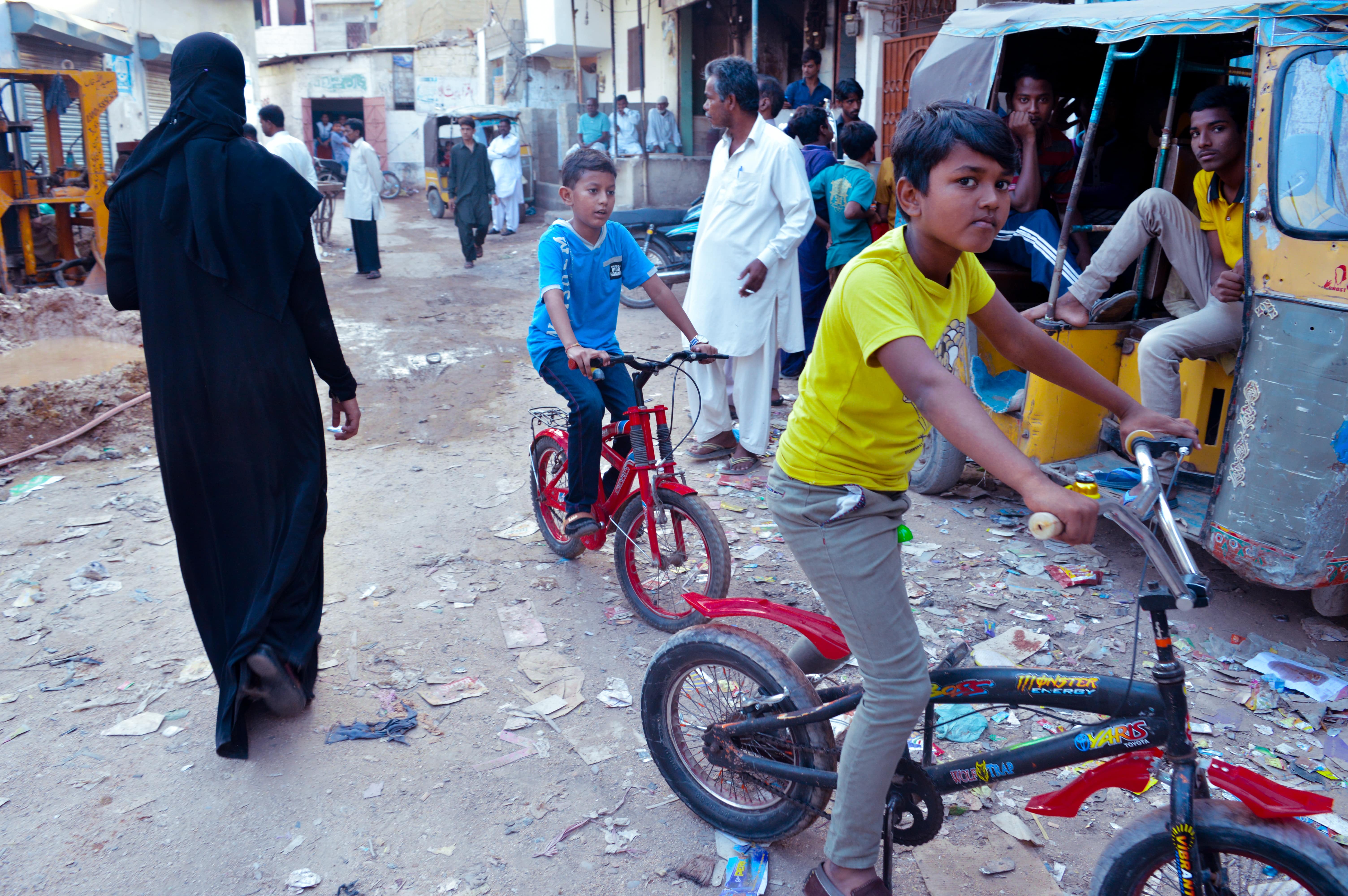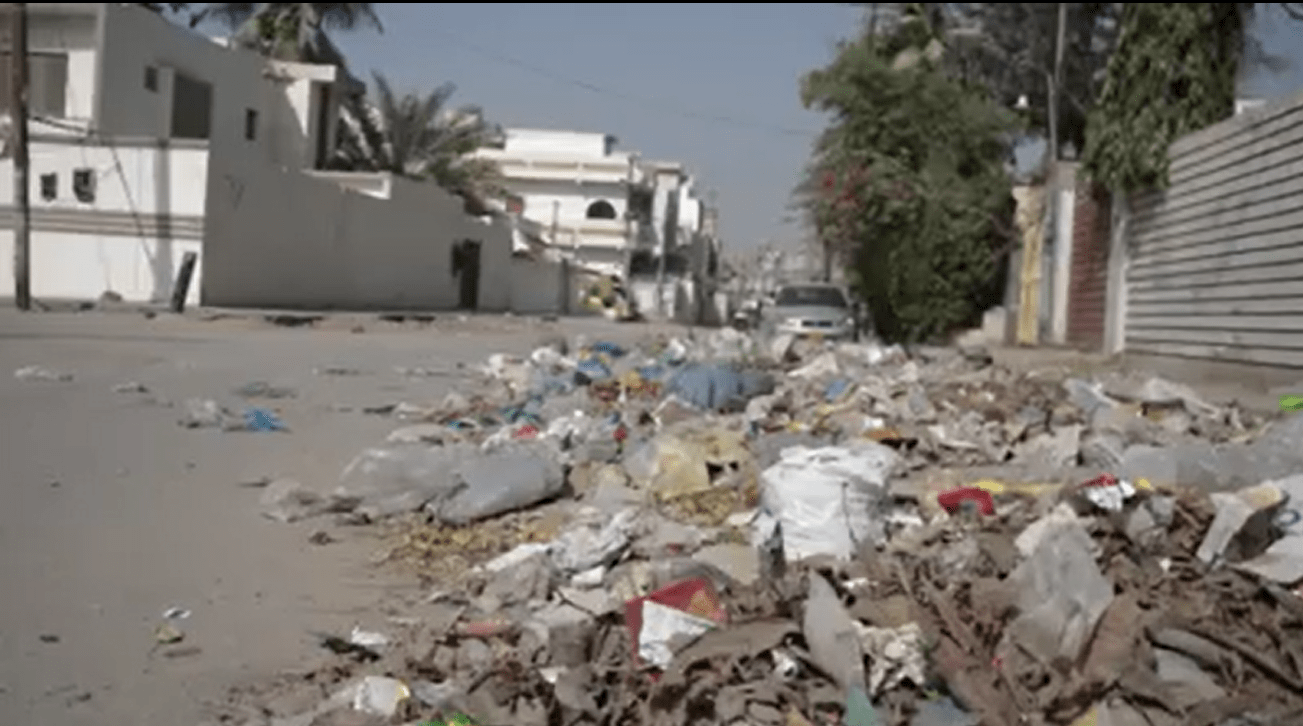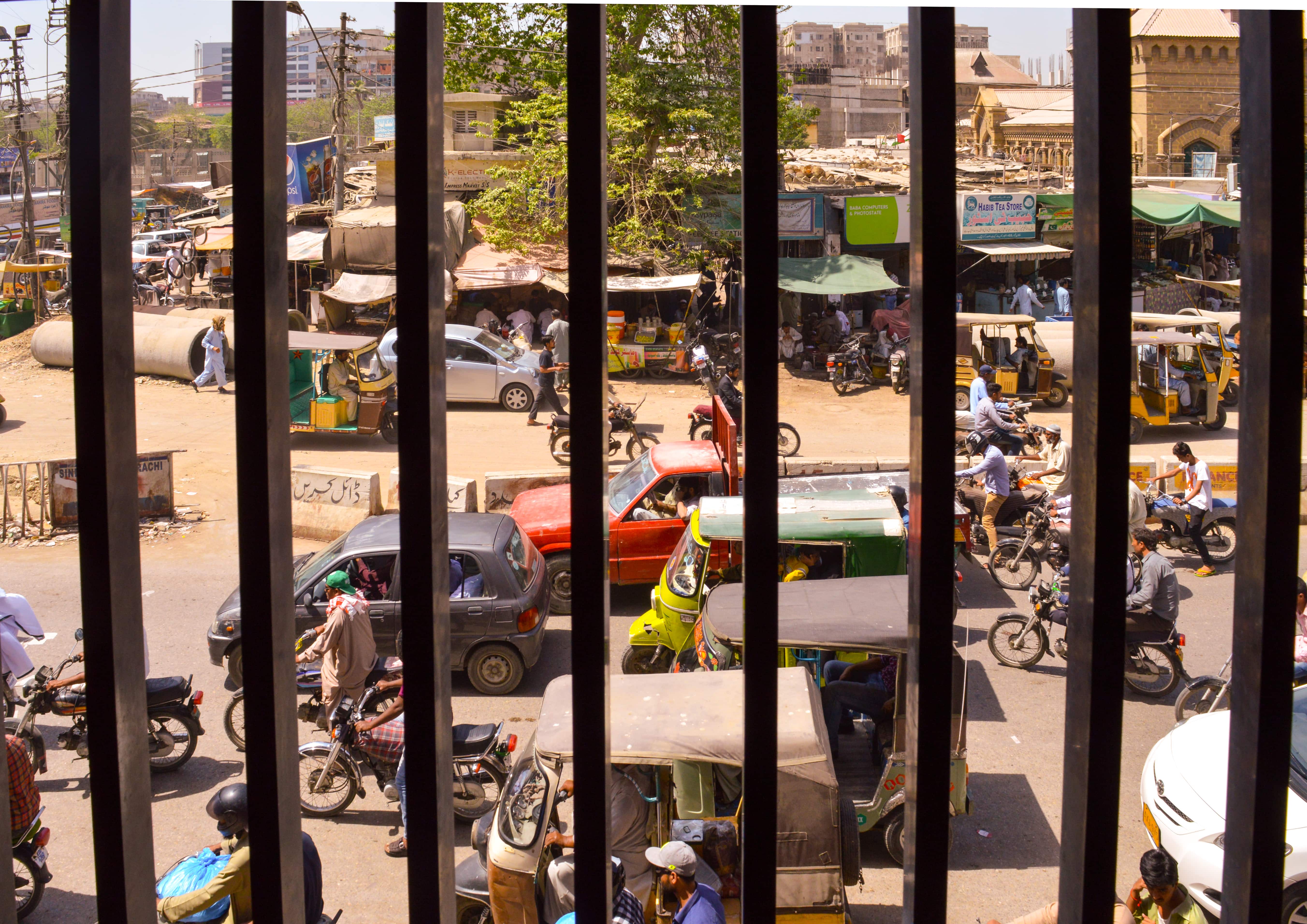Solid Waste Management System in Karachi: Understanding the Problem and Identifying Opportunities
Project Overview
This project addressed the critical issue of waste management in Karachi, one of the largest and most challenging cities to live in globally. Karachi generates approximately 10,000 metric tons of municipal waste daily, but only 60% of this waste reaches landfills. The remaining 40% pollutes the streets, neighborhoods, and water bodies, contributing to the city's aesthetic and hygienic decline. The project explored the inefficiencies within the Sindh Solid Waste Management Board (SSWMB) and the challenges faced in managing waste, particularly in the city's informal sectors. It proposed actionable recommendations tailored to Karachi’s unique socio-economic and political landscape.
Tools Used
Process
The project began with a comprehensive analysis of Karachi's waste management system, identifying key challenges such as inadequate data collection, inefficiencies in waste collection from informal settlements, and a lack of accountability in contractor services. It also delved into the political history of Karachi to understand how these issues have developed over time. By examining the social, economic, infrastructural, and environmental aspects of the problem, the project painted a detailed picture of life in Karachi today.
Based on these findings and stakeholder interviews, a systems diagram was created to illustrate the current state of the waste management system, highlighting problem areas and opportunities for improvement. The project then reviewed case studies of how other developing cities around the world have tackled similar issues. Finally, it concludes with policy recommendations specifically designed for Karachi.
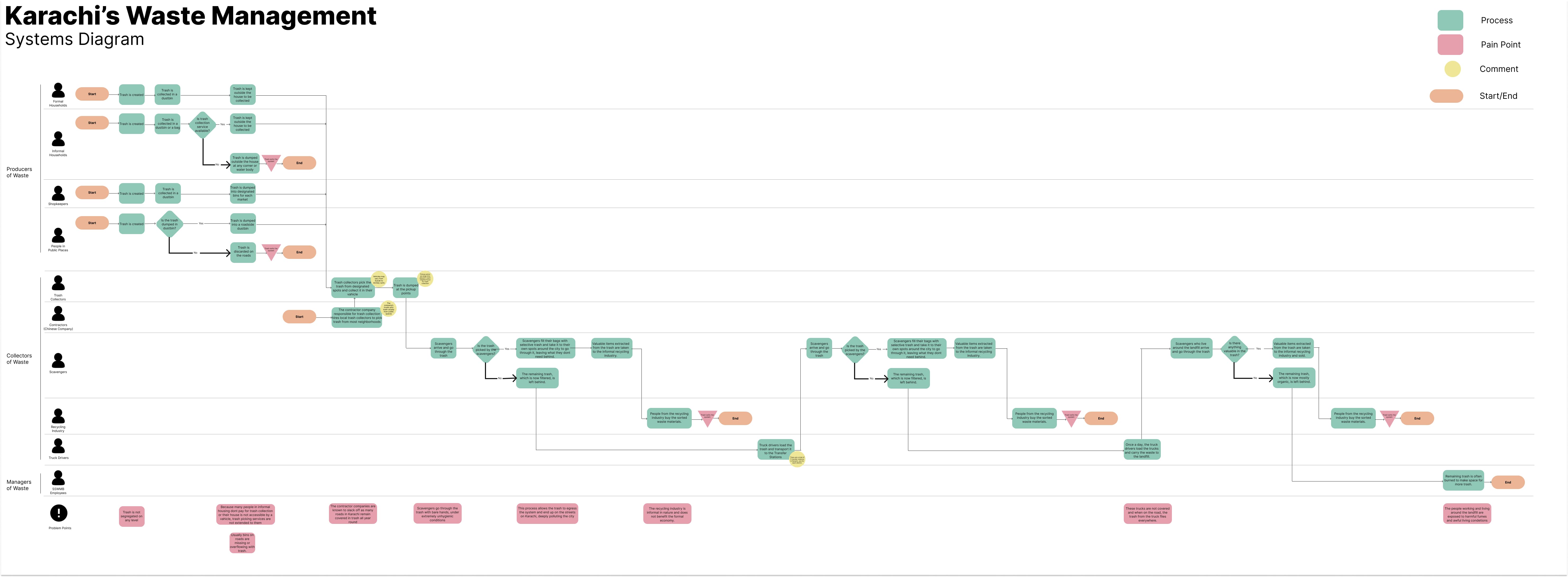
Systems diagram on the journey of trash in Karachi.
Outcome
The project produced a comprehensive options paper that outlined practical, context-specific recommendations for improving Karachi’s waste management system. Each policy recommendation was accompanied by a timeline, with separate short-term and long-term actionable items. While the proposed actions do not rely on cutting-edge technology, they are tailored to the city’s current needs and offer a realistic pathway to enhance waste management practices in Karachi. The paper proposed four key recommendations:
This is an ongoing project, with a second phase being integrated into a course I will be teaching next semester at Habib University. In this course, students will go into the field, observe the waste management system firsthand, interview stakeholders, and document the system and its various aspects through a comprehensive booklet. This documentation is crucial, as the existing literature on Karachi’s waste management issues is often inaccurate due to a lack of quality data. This project will be the first in over 20 years to capture and document the system accurately through an in-depth field study.
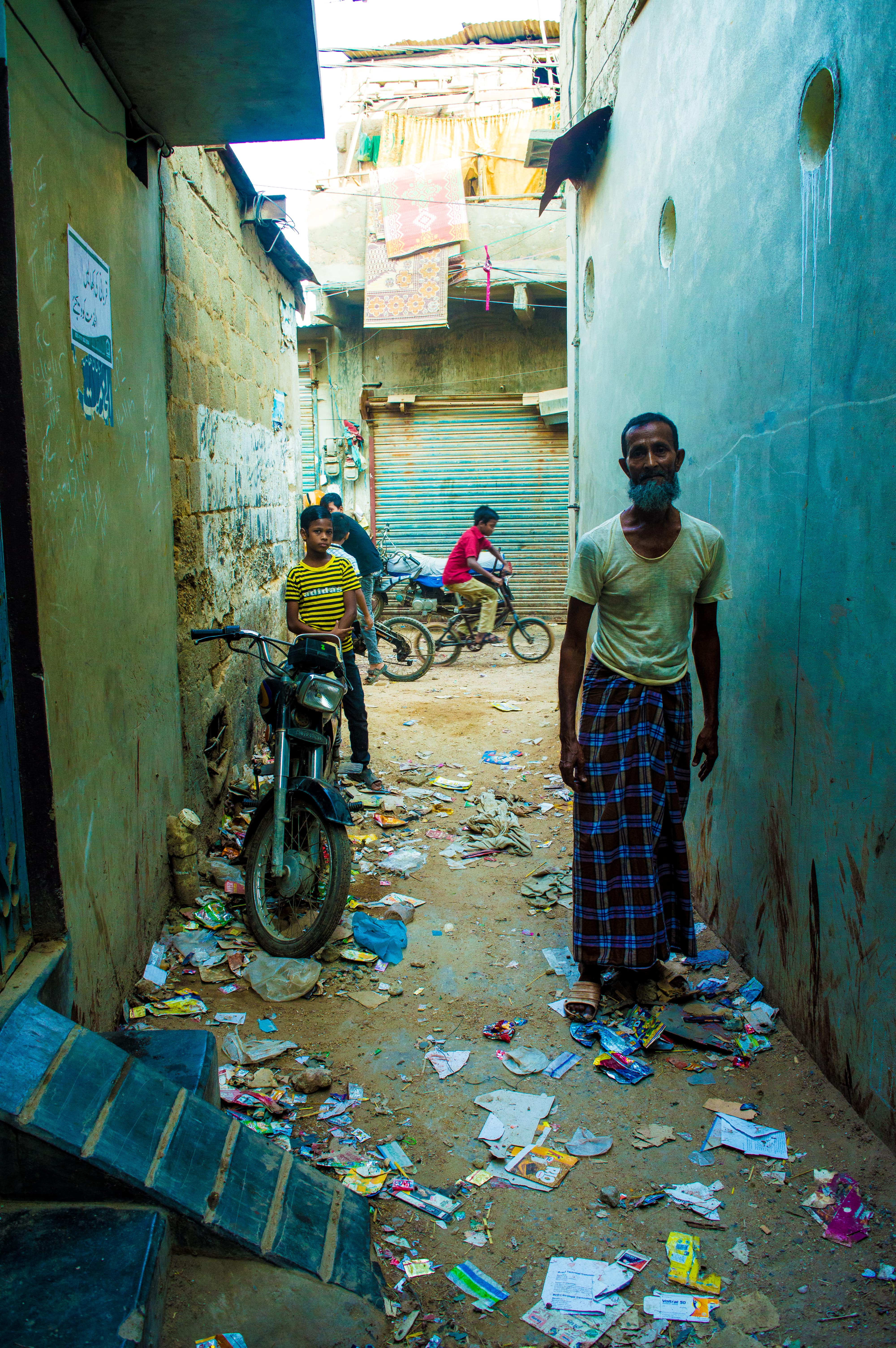
Project information
- Location Karachi, Pakistan
- Timeline 2022-2023
- Team Size Individual Project
- My Role Researcher and Policy Analyst
- Company Academic Project
